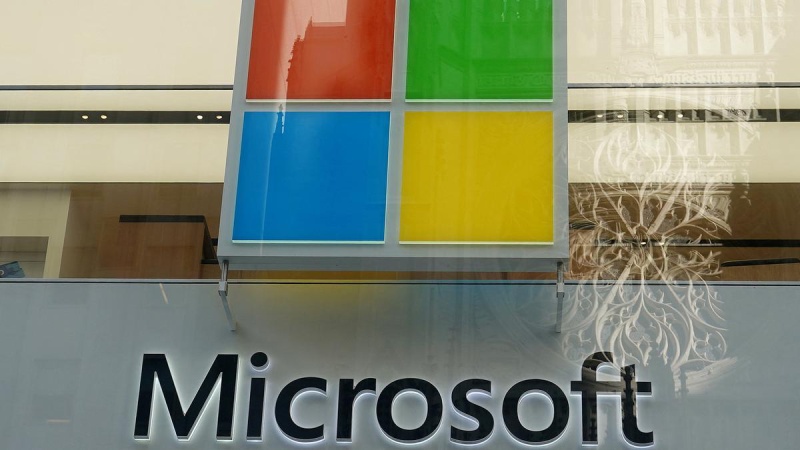A new AI assistant for healthcare has been introduced by Microsoft: Dragon Copilot

Microsoft has introduced its latest AI-powered healthcare tool, Microsoft Dragon Copilot, designed to enhance clinical documentation and support medical professionals in their daily tasks. This advanced system leverages voice recognition and ambient listening technologies originally developed by Nuance, an AI voice company that Microsoft acquired in 2021. By incorporating these capabilities, the company aims to streamline administrative processes and reduce the workload on healthcare providers, allowing them to dedicate more time to patient care.
The AI-powered Dragon Copilot offers a range of intelligent features, including multilingual ambient note-taking and natural language dictation, enabling seamless and accurate documentation of clinical visits. Additionally, the system functions as a medical assistant by providing general-purpose searches for medical information from trusted sources. It also automates various tasks such as generating conversational orders, compiling note and clinical evidence summaries, drafting referral letters, and creating after-visit summaries.
Joe Petro, Vice President of Microsoft Health and Life Sciences Solutions and Platforms, emphasized the transformative impact of this technology, stating that its primary goal is to alleviate the administrative burden on clinicians. Microsoft cites internal research indicating that medical professionals using Nuance’s AI-driven tools have reported reduced burnout levels, while 93 percent of patients have expressed a more positive healthcare experience as a result.
Microsoft is not the only major tech company advancing AI solutions in the healthcare industry. Google, for instance, recently published a blog post detailing how its medical AI innovations are being utilized. Healthcare organizations are leveraging Google’s AI-powered systems to identify patient health risks and take advantage of newly introduced multimodal image-searching capabilities in Google’s Vertex AI Search for healthcare.
While AI has the potential to revolutionize medical documentation and patient care, regulatory bodies remain cautious about the risks associated with generative AI in healthcare. The FDA issued guidelines last year highlighting both the advantages and potential pitfalls of AI-driven medical tools, particularly concerns around inaccuracies or fabricated information. In previous research, it was found that certain AI-based transcription software, including OpenAI Whisper-powered medical transcription, occasionally produced misleading results.
Microsoft, however, reassures users that it remains committed to the responsible development of AI. The company emphasizes that Dragon Copilot is built with stringent security protocols and integrates healthcare-specific compliance measures. These safeguards ensure that the AI-generated outputs are not only accurate but also adhere to industry standards, prioritizing patient safety and data integrity.


